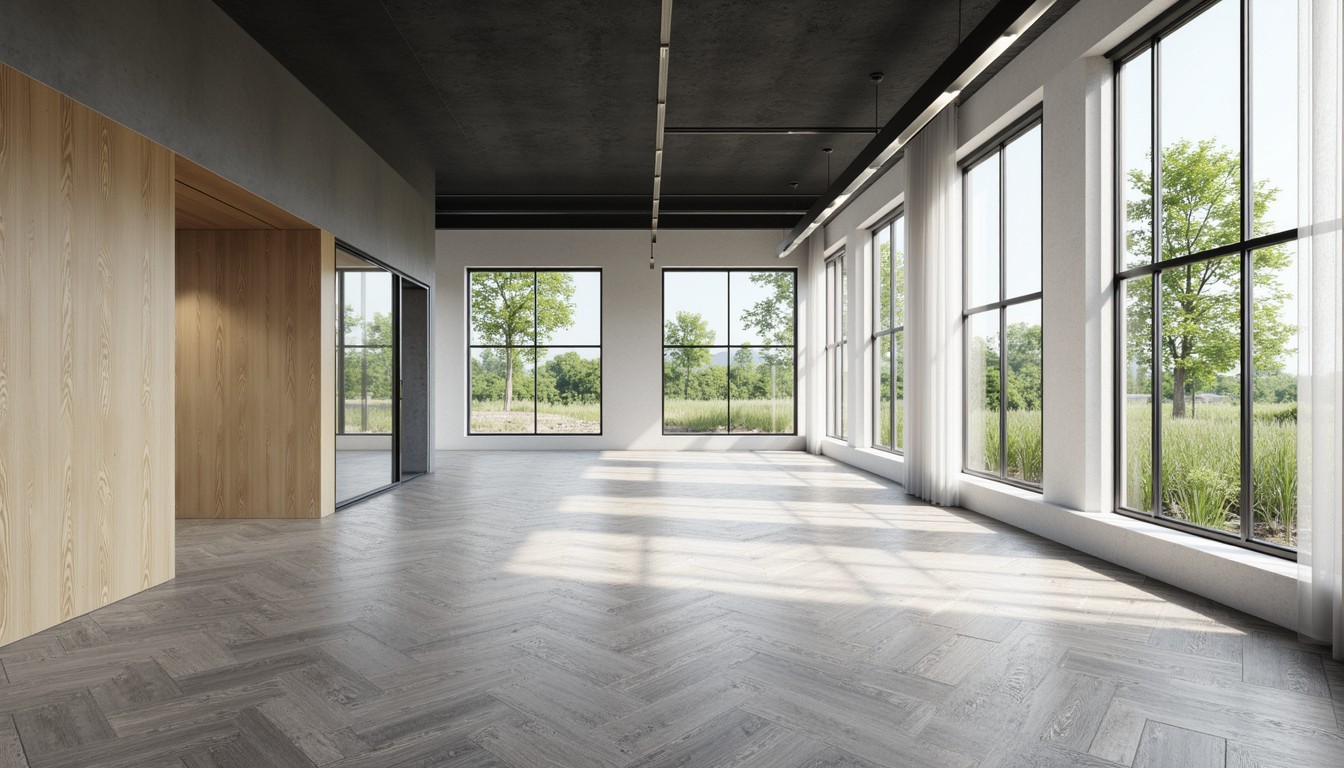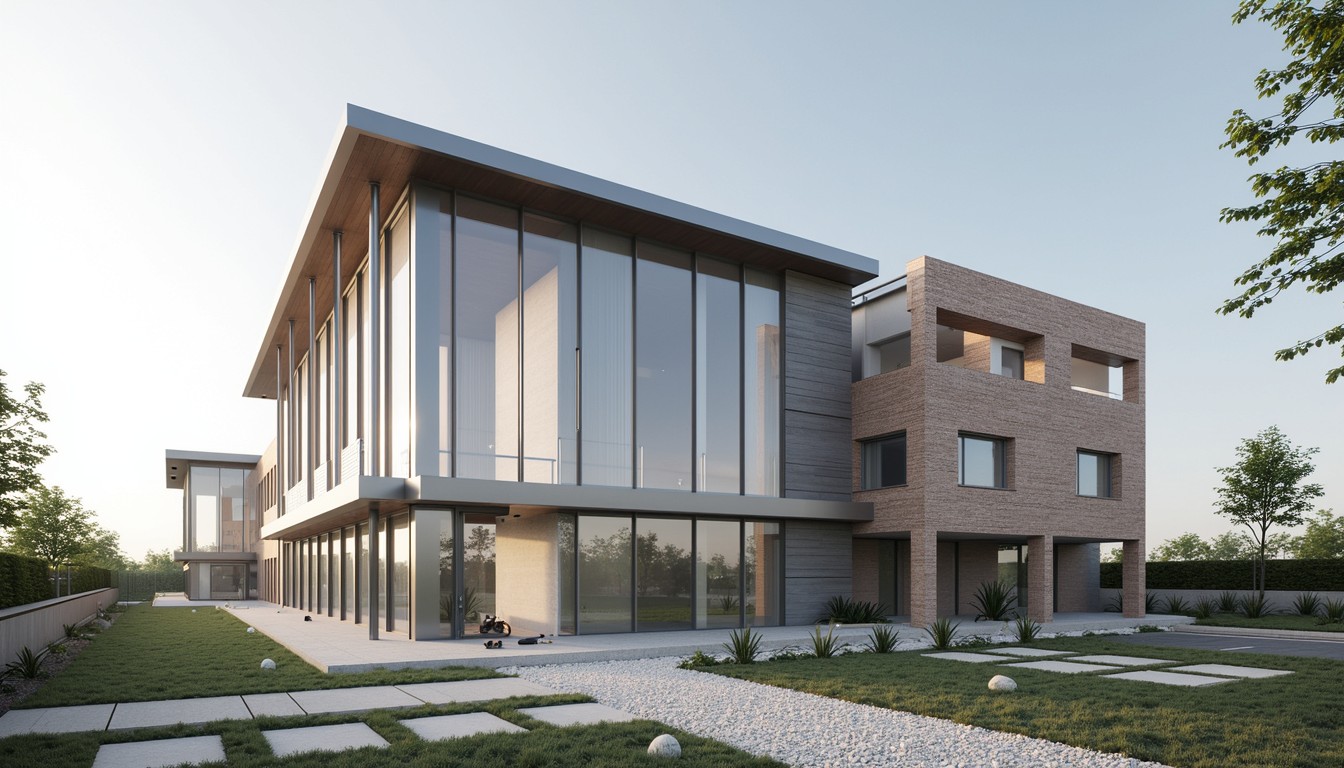PropTech's Future: How Technology is Reshaping Real Estate
The real estate industry, traditionally known for its slow pace of change, is undergoing a rapid transformation thanks to the advent of PropTech – the convergence of property and technology. From virtual reality tours and AI-powered property valuations to blockchain-based transactions and smart home integration, technology is reshaping every aspect of the real estate landscape, creating a more efficient, transparent, and user-friendly experience for buyers, sellers, and investors alike.
Virtual and Augmented Reality: Immersive Real Estate Experiences

Virtual reality (VR) and augmented reality (AR) are revolutionizing how properties are presented and experienced. High-quality 3D architectural visualizations, like those created by ArchNav, allow potential buyers to take virtual tours of properties from anywhere in the world, eliminating the need for physical site visits in many cases. This is particularly beneficial for international buyers or those with busy schedules. AR, on the other hand, overlays digital information onto the real world, allowing users to visualize furniture placement, renovations, or even see how a property might look with different landscaping.
AI and Machine Learning: Data-Driven Decision Making
Artificial intelligence (AI) and machine learning (ML) are transforming various aspects of the real estate process. AI-powered platforms can analyze vast datasets to predict property values, identify market trends, and personalize property recommendations for buyers. These tools improve the accuracy of valuations, optimize pricing strategies, and reduce the time it takes to find the right property. Furthermore, AI can automate tasks such as scheduling viewings, generating reports, and handling basic customer inquiries, freeing up agents to focus on building relationships and providing personalized service.
Blockchain Technology: Enhancing Transparency and Security
Blockchain technology, known for its secure and transparent nature, is poised to disrupt real estate transactions. By recording property ownership and transactions on a decentralized, immutable ledger, blockchain eliminates the need for intermediaries and reduces the risk of fraud. This can streamline the closing process, reduce costs, and improve overall efficiency. Moreover, fractional ownership models facilitated by blockchain could increase accessibility to real estate investment for a wider range of individuals.
Smart Homes and IoT Integration: Enhancing Living Experience

The integration of smart home technology and the Internet of Things (IoT) is creating more efficient, comfortable, and secure living spaces. Smart thermostats, lighting systems, security systems, and appliances can be controlled remotely, optimizing energy consumption and enhancing convenience. This added layer of technological integration increases the value and desirability of properties, attracting tech-savvy buyers and investors.
Big Data Analytics: Unveiling Market Insights
Big data analytics plays a crucial role in understanding market trends, predicting future demand, and making informed investment decisions. By analyzing large datasets encompassing property prices, demographics, economic indicators, and consumer preferences, real estate professionals can gain valuable insights into market dynamics and identify promising investment opportunities. This data-driven approach enhances strategic decision-making and reduces risk.
Drone Technology: Aerial Property Inspections and Marketing
Drones equipped with high-resolution cameras are increasingly used for property inspections and marketing. Aerial photography and videography provide stunning visuals of properties and surrounding areas, showcasing their unique features and highlighting their location. This technology is particularly valuable for showcasing large properties, developments, or properties with scenic views.
3D Printing: Revolutionizing Construction
While still in its early stages, 3D printing technology holds the potential to revolutionize construction by enabling the rapid and cost-effective construction of buildings. This could address housing shortages and reduce construction time and costs significantly. The integration of 3D printing with other PropTech solutions will further enhance the efficiency and sustainability of the real estate industry.
The Role of Architectural Visualization in PropTech

High-quality architectural visualization is paramount in today's PropTech landscape. Companies like ArchNav provide realistic 3D renderings, virtual tours, and interactive models that are essential for marketing properties, showcasing designs, and attracting buyers and investors. Our expertise in creating immersive and engaging visuals is crucial for showcasing the potential of smart home technology, new developments, and innovative architectural designs. We are at the forefront of this technological evolution, providing clients with the tools they need to thrive in this dynamic market.
Conclusion
The future of real estate is undeniably intertwined with technology. PropTech is not just a trend; it's a fundamental shift in how properties are bought, sold, managed, and experienced. ArchNav is committed to staying at the cutting edge of this evolution, providing advanced architectural visualization services that empower real estate professionals to succeed in this rapidly changing landscape. By leveraging the power of technology, we help clients showcase their properties in the most compelling and effective way possible, driving sales and maximizing returns. Contact us today to learn how our expertise can help you navigate the exciting future of PropTech.
